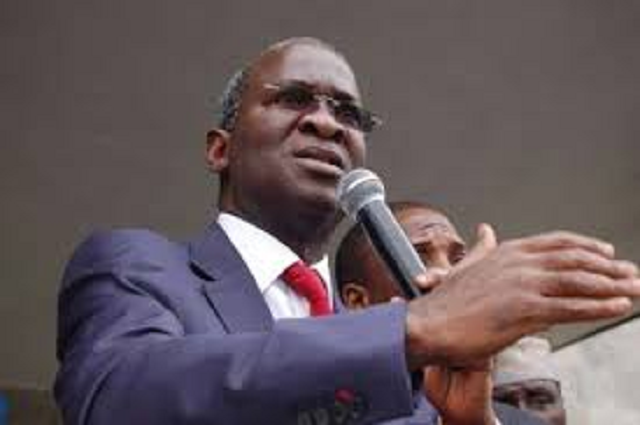Babatunde Fashola, Minister of Works and Housing, has stated that Nigeria now owns 15.8 percent of Shelter Afrique, with donations totaling slightly more than $30 million since 2016.
Fashola revealed the information in his opening remarks Thursday in Abuja at Shelter Afrique’s 42nd Annual General Meeting/Symposium. A firm called Shelter Afrique was founded with the purpose of funding affordable housing for Africa.
According to the minister, Nigeria contributed a total of $22.5 million, which included $5.9 million in 2016, $9.3 million in 2020, and another $7.1 million in 2022.
Fashola stated, “As a result, Nigeria now owns 15.80 percent of the company’s shares, which are currently valued at $30,724,961.00”.
“This was a much-needed injection of life-restoring funds for a company that was having financial difficulties in 2016, and I must say that other member states have reciprocated in like.”
“In addition to financial capital, Nigeria has also provided the most valuable capital, human capital, by providing Mr. Femi Adewole to run the company temporarily during what may have been its most difficult time,” He added.
Fashola further said, “Given this context as we meet today, I can state with some assurance that Shelter Afrique’s gloomy clouds have passed and that a hopeful future lies ahead, thanks in part to the leadership shown by our company’s board and management, respectively by Dr. Chii Akporji and Mr. Thierno-Habib Hann.”
“On the domestic front, I am also happy to announce that the private sector is becoming more involved in the delivery of a range of housing types to meet demand from both low- and high-income groups.”
State governments are playing their parts in the provision of homes from Abia to Zamfara as a result of their sovereignty over land under the terms of our federal constitutional framework.
These contributions to increasing housing supply are complemented by the Federal Government through initiatives like the National Housing Programme, which has delivered homes across 35 states and the Federal Capital Territory of Abuja.
These initiatives are complemented by the Federal Housing Estates across our six geo-political zones, the Federal Mortgage Bank, Ministerial Housing Scheme, and co-operative housing initiatives across the 36 states of our nation.













